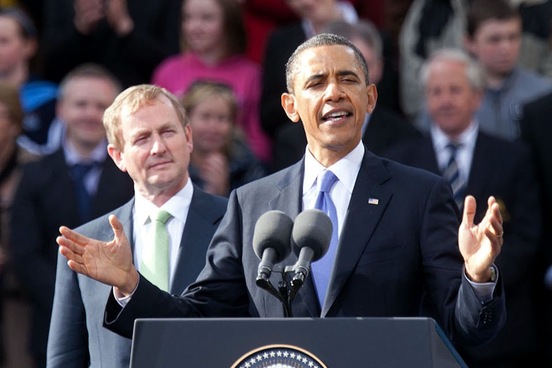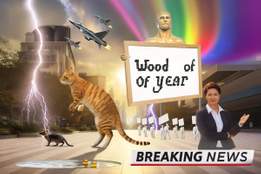
The Way We Word
With the announcement of our 2014 Word of the Year - Culture - and the 9 runners up, we were inspired to look back at our past Words of the Year to see what they tell us.
Big Data has never been a Word of the Year, but it's always lurking in the background: Rather than giving a list of the newest or hippest words, our selections are completely based on data from user lookups.
Read on to find out what we searched for most in each of the past 6 years, and find out what was happening in, well, the culture at large to drive those lookups.

2013: Science
In 2013 the word science saw a 176% increase in lookups over the previous year, and stayed a top lookup throughout the year.
A wide variety of discussions centered on science that year, from climate change to educational policy. We saw heated debates about 'phony' science, or whether science held all the answers.
"It is a word that is connected to broad cultural dichotomies: observation and intuition, evidence and tradition," says Peter Sokolowski, Editor-at-Large at Merriam-Webster.
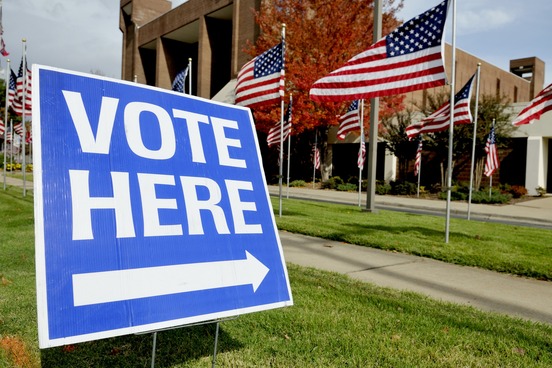
2012: Socialism, Capitalism
Presidential campaigns dominate headlines during election years, and political words are usually top dictionary lookups in election years.
In 2012, socialism saw its largest lookup spikes during coverage of the proposed healthcare bill, but also saw peaks in the days following both conventions and each of the presidential debates. Capitalism, although looked up somewhat less often, rode the same waves of interest.
"It's fascinating to see how language from campaigns and debate speeches resonates with our users," says John M. Morse, President and Publisher at Merriam-Webster. "Many people turn to the dictionary to make sense of the rhetoric."
Unlike some of our other spiking words, 2011's pragmatic was associated more with a national mood than any specific event. The word describes "an admirable quality that people value in themselves and wish for in others, especially in their leaders and their policies," said Sokolowski.
Number two on that year's list was ambivalence. Like pragmatic, the runner-up reflects an overall mood rather than a specific event. "We think it reflected the public attitude toward a wide range of issues, including the economy, the ongoing debates in Washington," said Morse, "and the race for the Republican Party presidential nomination."
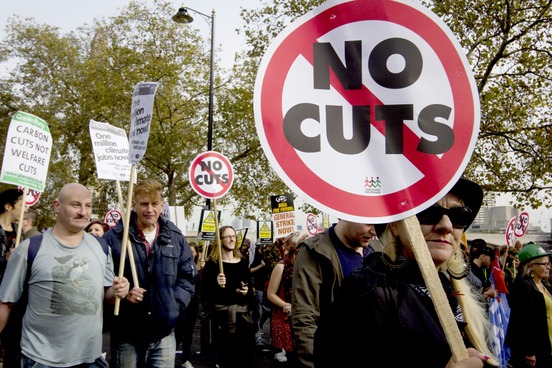
2010: Austerity
Defined as "enforced or extreme economy," lookups for austerity peaked dramatically several times throughout 2010, as people's attention was drawn to global economic conditions and debt crises in Europe. "We often hear it used in the context of government measures, but we also apply it to our own personal finances and what is sometimes called the new normal," says Sokolowski.
Other top lookups in 2010 largely reflected a somber national mood: bigot, furtive, moratorium. But one notable exception was ebullient - "having or showing liveliness and enthusiasm" - which leaped to the top of the searches as the world watched the rescue of the Chilean miners.
Admonish attracted a sustained amount of attention when Rep. Joe Wilson yelled “You lie!” at President Obama during a healthcare speech to a joint session of Congress. The verb, which means “to express warning or disapproval in a gentle, earnest, or solicitous manner,” was initially used to describe the reaction to the interruption, then the news response, and finally a House resolution admonishing the representative.
Other words that made the top ten were inaugurate, furlough, pandemic, and emaciated, which was the most looked-up word of the summer following its use to describe the condition of Michael Jackson’s body after his death in June of that year.
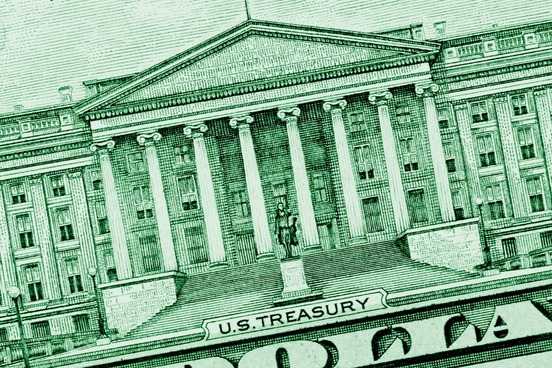
2008: Bailout
With politics and the economy foremost on the minds of many in 2008, it is no wonder that bailout - a word ubiquitously featured in discussions of the presidency and fiscal policy - was the year's top lookup.
Concerns around financial issues didn't stop there - you can see a picture of the national anxiety surrounding the economic crisis that went beyond a one-word-for-one-event lookup trend. Trepidation, precipice, and turmoil all reached the top 10 that year.
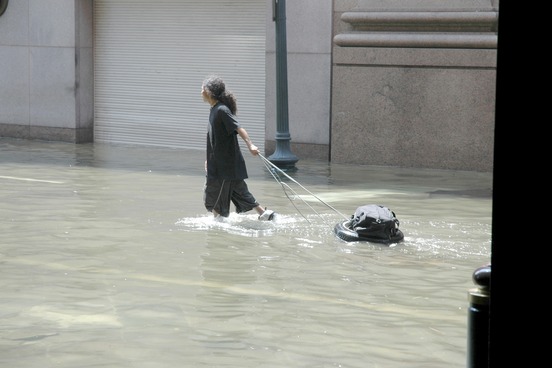
2005: Refugee
Technically, our top lookup in 2005 was integrity, which didn't seem to correlate to a specific event but more to social and political developments at large that made this word increasingly important to people. It's since joined the ranks of perennial top lookups.
The #2 lookup, refugee, spoke to the ongoing conversation about the appropriateness of this word to describe people displaced by Hurricane Katrina, and at the time made this the most heavily looked-up event-related word in the history of Merriam-Webster, outdoing the previous record-holder tsunami (#6) by a wide margin.

2004: Blog
Looking back on this entry, it's hard to imagine that it was a most-look-up word that year, and that's why it's one of our favorites: seeing it on the list is a reminder of how quickly our world changes, and how our language changes with it.

